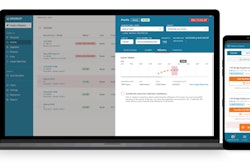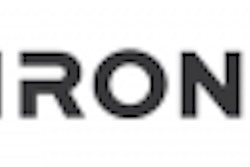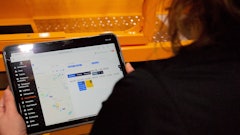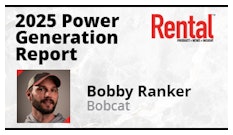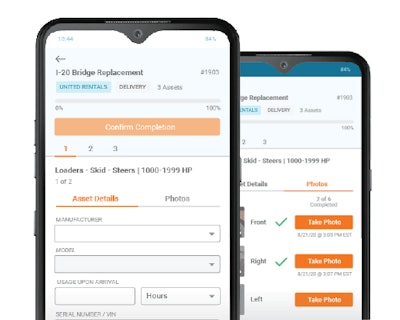
This article was adapted from its original version on the IronUp website with permission from the author.
Equipment rental is a critical part of the strategy for any construction company, whether that strategy is for rental to be your entire fleet, supplement core fleet operations, or to better control costs.
Through the rental process, acquisition, operation, and billing, easily understanding your future end-of-rental invoice has traditionally been nearly impossible. This is due to most of the cost of the invoice being unpredictable and normally not shared through verbal, faxed, or emailed rental quotes.
To prevent billing disputes, it’s best to:
- Consistently build RFQs (request for quote) with accurate and clear expectations
- Ensure rental agreement terms and conditions are transparent
- Leverage a contract management system
- Better track the costs that are usage-dependent
- Document asset condition at delivery and call off
Next, we’ll dive deeper into each of these methods with the end goal of reducing rental billing disputes.
Consistently Build RFQs
We know you’re like the rest of us – time was tight and you called your rental partner, “heard” your order was clearly received, then were surprised when the asset arrived and it didn’t match what you think you ordered. To improve your RFQ process, it’s ideal to use a digital tool that allows your organization to consistently create RFQs with all necessary details, thus ensuring your supplier is 100% clear on what you’re looking for.
An ideal RFQ builder contains:
- Handling of the organizational approval workflow. Make sure that spend is approved.
- An easily used equipment taxonomy/list of equipment types. Ensure everyone gets just the exact type they were expecting.
- Proactively identified alternative types. Suppliers don’t have everything. Help ‘em out.
- A preferred model list builder. Need a specific model? Make it clear, up front.
- Age maximum controls. Need a machine for sub-zero work? You only need young equipment.
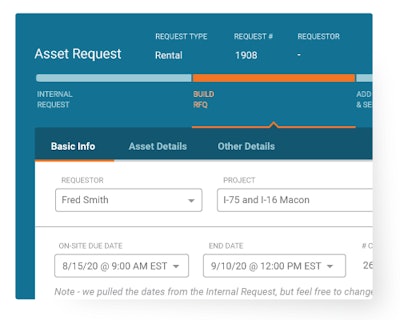
Ensure Rental Agreement Terms are Transparent
This is really all about better managing the nuances of a rental agreement, and aiming to reach expert-level awareness of all components of an agreement.
The major components of a rental agreement include:
- Base rental rate
- Surcharges (environmental, transportation, rental protection)
- Usage expectations (and its impact on rate multipliers/overhours billing)
- Government taxes
There are a few of these items that are, by default, clear and transparent. These include:
- Base rental rate
- Government taxes
A lack of transparency in terms and conditions, primarily surcharges and usage expectations, are where invoices often go wrong. To address this issue, you will need to leverage a consistent RFQ builder (see our last point). A modern RFQ builder will ensure data is entered consistently for all aspects of the contract.
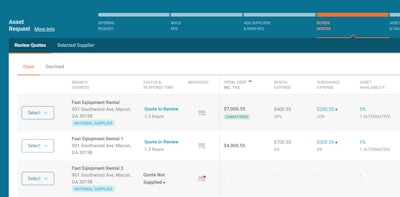
Leverage a Contract Management System
Often, rental invoices fail to integrate favorable terms that a contractor may have negotiated through a contract with the supplier. These service contracts are more common when working with national suppliers and may include terms like:
- Guaranteed service times
- Rate discounts
- Preferred models
Using these contracts in the real world, and ensuring your invoices come out with expected terms, can be challenging. This is due to the complex nature of making sure a legal agreement is reviewed in detail at the store level. Additionally, contractor employees may be unaware of the agreement’s existence.
To address this, your contracting organization should leverage a central contract management system that automatically inserts key contract terms into each rental RFQ, for each respective supplier, with no extra effort.
Track the Costs that are Usage-dependent
Looking back at the main components of a rental invoice, "usage expectations" are often the most unpredictable. These invoice terms are designed to protect the supplier from higher-than-expected utilization.
These expectations revolved around the concept of “number of shifts per day to use the equipment.” The default assumption is one, but two and three shifts per day can also be selected. These then translate to rental rate multipliers. At the end of the rental agreement, if there’s a difference in actual vs. expected usage, the difference may result in overhours billing.
At the end of the day, it’s critical that you set reasonable expectations in the RFQ and consistently monitor actual usage for all assets. Because tracking time utilization of your rented fleet is critical to financial performance.
Traditionally, due to the fragmented nature of managing rentals, usage reporting for any given asset has been a challenge. The IronUp platform has been designed to make usage reporting easy through integrated web and mobile apps, and the translation of utilization information into easily understood call off recommendations. Optimized rented fleet management results in better utilization of project budget.
Document Asset Condition
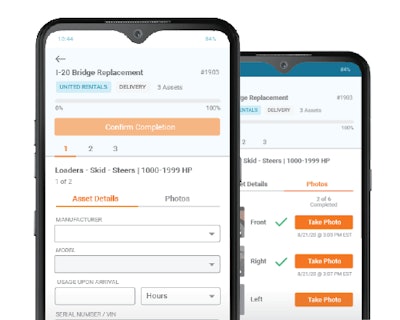
The easiest way to protect yourself and your organization is to take consistent pictures at delivery AND at call off. Then store these images in a centrally accessible platform for your entire organization AND make sure they are easily referenced by rental agreement, by invoice, and by project.
Sounds easy, right?
Via the IronUp mobile app, you'll be automatically notified at delivery and call off to complete an inspection. All images are stored within the rental request, which can easily be viewed by project or by supplier.







